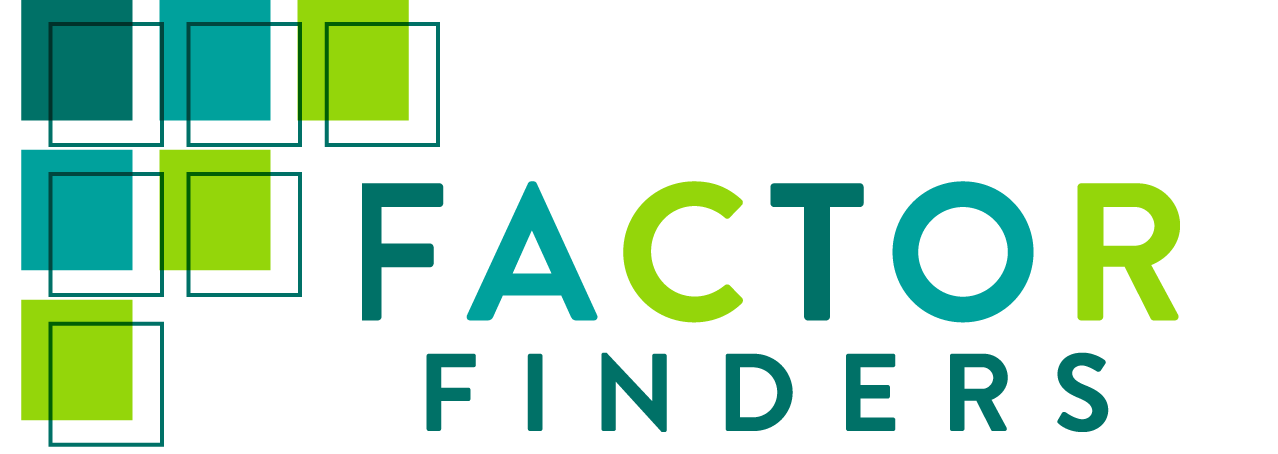How to Attract Top Talent to Your Staffing Agency
Staffing agencies recruit and match candidates to a specific job, usually based on experience and interest. Staffing agencies can provide both temporary and temporary-to-hire employment. If you want to attract the top talent to your staffing agency, you must appeal to and produce the top talent.
Here’s How:
Tips on how to Attract Top Talent to your Staffing Agency
Clear the Air
Staffing agencies can have a bad reputation because people may feel they can go directly to the hiring company instead of through a staffing agency but there are many benefits of doing lateral growth.
There are reasons to combat the bad reputation temp jobs have and it is up to the agency to prove their referral program has its benefits. Write an article about “busting myths” at your staffing agency and promote it through social media. You’ll be surprised at how many more applications you’ll get.
Share Testimonials of Success
Reputation means everything and positive testimonials stand a test of time. Providing testimonials speak directly to the success of your business. When you have genuine success stories it increases the credibility of your staffing agency.
Your agency can get testimonials from others who have found success through your staffing agency. You can ask people to give a quote of why working with your staffing agency has helped the vs going straight to the business and what sets you apart from the competition. Showing off the positives will up the numbers of qualified individuals that come to your company.
Offer Incentives
You can’t expect your agency to be an applicant’s first choice without a good benefits package such as medical insurance and retirement plans. Although you cannot change the work environment where the client is placed, you can give incentives to stay with your staffing agency.
Showing that a good performance holds value and can earn rewards will also attract the top talent to your staffing agency. It is up to you to ensure your staffing agency stands out against your competitors and a tried and true way is by offering top tier rewards and benefits. This will make your staffing agency more likely to get applications.
Show Numbers Supporting Success
Some examples of that would be showing percentage rates of people who get placed in a job within a certain time period or show numbers of people who are hired on after being placed with a job.
- “65% of those who come to our staffing agency get placed with a job within two weeks.”
- “70% of those who work with our staffing agency get hired full time after one year.”
What you don’t measure doesn’t count — so document everything.
Provide Direct Route to Experience
Not only should your staffing agency focus on attracting top talent, but they should also focus on the growth and development of talent too. It is important to not limit candidates to only what they are used to by placing them in jobs that provide no real experience.
Placing candidates in jobs that will develop their skills can attract top talent to your staffing agency and set you apart from competition. . Dedicate training classes that will develop talent not only shows that you invest in your candidates but also that you care about their future. Development opportunities will drive many hard-working individuals to your company.
Expanding your Staffing Agency
With the help of our invoice factoring program, we can provide your agency with the funding it needs in order to expand. By factoring outstanding invoices through EZ Staffing Factoring, staffing firms can obtain a constant stream of working capital. You want to have a large, reputable business and invoice factoring can help. Factoring can support your efforts of hiring people, pay salaries and expand. Take advantage of the flexibility and simplicity of temporary staffing funding with payroll factoring.








